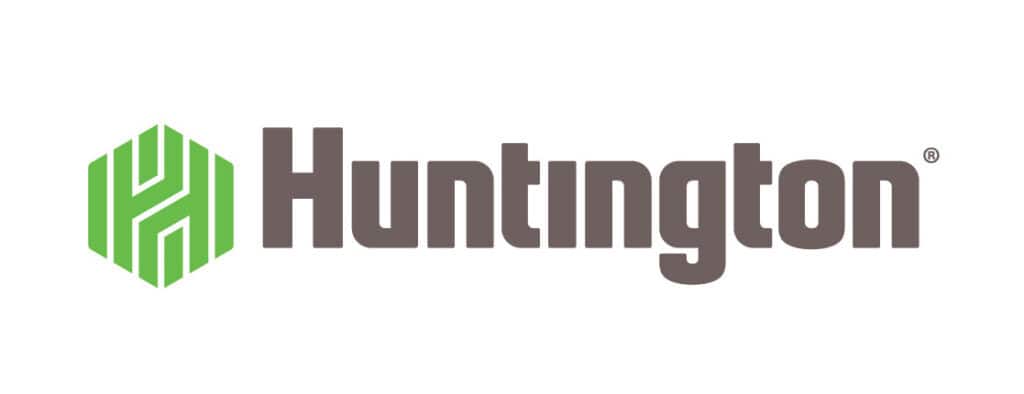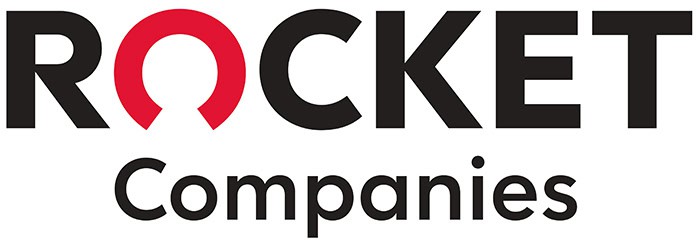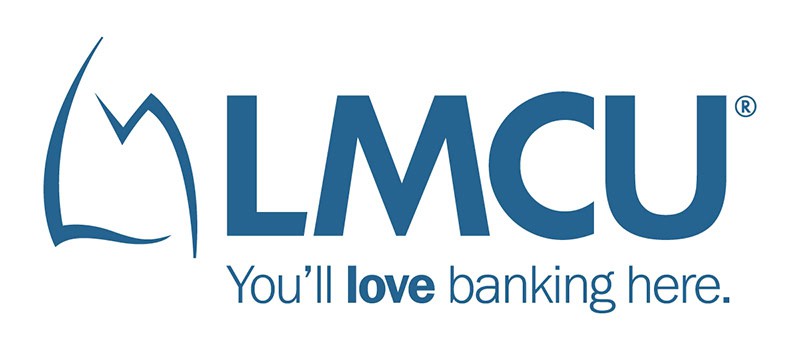
Tuesday, September 24
JUST ECONOMY
Detroit
JUST ECONOMY
Detroit
Tuesday, September 24
Presentations
Settlement: How it came about and what it means for Detroit
Orlando Bailey, Executive Director, Outlier Media,
Detroit, Michigan
Mark Covington, Director, Georgia St Community
Collective, Detroit, Michigan
Erin Stanley, Director, Climate Equity, Eastside
Community Network, Detroit, Michigan
Nicholas Leonard, Executive Director, Great Lakes Environmental Law Center, Detroit, Michigan
Recent report in Detroit news said it all: “State regulators will consider environmental justice concerns when deciding whether to approve future licensing requests from hazardous waste facilities.” This hard-won victory was the result of local residents and coalitions working with the Sierra Club, the MIchigan Environmental Justice Coalition, and the Great Lakes Environmental Law Center all coming together for a common cause. Hear the backstory about this environmental win, what it means for Detroit, and how you can help now and in the future fight for a safer and cleaner Detroit.
CRA : The new rule change, the lawsuit and community engagement
(Download 01)
(Download 02)
Eden Forsythe, Chief of Policy Counsel, National Community Reinvestment Coalition, Washington, DC
Banks have the capital to be a catalyst for economic mobility in Detroit and can be critical community partners. Join us to learn about the updated Community Reinvestment Act (CRA), which encourages financial institutions to meet the credit needs of low- and moderate-income (LMI) neighborhoods and requires federal banking agencies to evaluate their efforts. In this session we will explore how CRA can be used to increase affordable housing, small business lending and community reinvestment in your communities, including crucial updates to the rule announced in late 2023.
Understanding the Appraisal Occupation: Analysis and mapping of Michigan licensed appraisers
(Download)
Bryan Kieler, Senior Vice President – Community Development Banking Michigan Market Manager, PNC, Troy, Michigan
David Palmer, CEO, Kite + Key Partners, Detroit, Michigan
Jimmy Roberts, President, Renaissance Appraisal Inc., Detroit, Michigan
E.C. Neelly IV, Executive Director, Mississippi Appraisal
Board, Jackson, Mississippi
State-licensed appraisers are crucial to ensuring equity in the home-buying and valuation process, yet an understudied component of the real estate marketplace. Acknowledging historical harms associated with housing discrimination in Detroit is critical to charting a course forward, but we must also ask: what do we know of Michigan’s appraisal workforce? This panel will share an in-depth analysis of appraiser licensing records spanning from 1980-2022, highlighting geographic concentrations of appraisers over time, the growth or decline of their numbers, and how appraisers align with communities facing housing challenges. The session will also feature insights and observations from a Michigan licensed appraiser and a workforce development specialist.
Can the Diversified Community Investment Fund invest in affordable housing and return profits to the community?
Hector Hernandez, Executive Director, MiSide Wealth,
Detroit, Michigan
Alex Makhon, Director of Homeownership Assistance Programs, MiSide Wealth, Detroit, Michigan
Tim Thorland, Executive Director, MiSide Housing,
Detroit, Michigan
David Palmer, CEO, Kite + Key Partners, Detroit, Michigan
The renovation of Michigan Central train station has transformed the Corktown neighborhood in Detroit; it has stimulated investment and economic growth but also catalyzed gentrification, resulting in soaring housing prices there and in adjacent neighborhoods. To prevent local Detroiters from being priced out of the affordable housing market, MiWealth may have a solution: an innovative investment model that returns profits to the community instead of Wall Street. By targeting East Chadsey-Condon, a neighborhood nearby not yet experiencing gentrification, MiWealth’s Diversified Community Investment Fund (DCIF) could transform how investing in affordable housing and communities can work in Detroit.
Building a climate resilient Detroit
(Download)
(Download)
Donna Givens Davidson, CEO, Eastside Community
Network, Detroit, Michigan
Alex B. Hill, Founder and Principal, DETROITography,
Detroit, Michigan
Shawna Forbes Henry, Director, Community Programs
(MI), Elevate, Detroit, Michigan
Tepfirah Rushdan, Director of Sustainability, City of
Detroit, Detroit, Michigan
Climate injustice stems from environmental racism and inequitable allocations of climate mitigation/adaptation resources. Residents of Detroit are impacted by flooding and the siting of toxic industries, aging and undeveloped green and gray infrastructure, and both past and present discrimination in housing, lending and reinvestment. In this panel, attendees will learn about efforts to promote a more equitable climate framework through advocacy, place-based initiatives and collective efforts to promote the inclusive social wellbeing of all Detroiters.
How can CRA meet the lending needs of Detroit’s dynamic immigrant community?
(Download)
Laura Castone, VP of Corporate Social Responsibility, First Merchants Bank, Farmington, Michigan
Juan Alfaro, Adult Services Director, Detroit Hispanic Development Corporation, Detroit, Michigan
Alaina Jackson, Managing Director, Global Detroit,
Detroit, Michigan
Yusupha Kamar, Business Development & Financial Coach, Access, Detroit, Michigan
Immigrant inclusion is critical to Detroit’s revitalization and our region’s growth. Supporting these communities’ small businesses, entrepreneurship and diverse housing needs will lead to a vibrant city. To do that, we must answer some important questions: What are the diverse lending needs of Detroit’s immigrant community? How do different immigrant communities save money to buy homes? What can CRA officers do to dismantle barriers and meet the lending needs of all Detroiters? This panel will explore the importance of cultural competency in the financial services industry, emphasizing how inclusive practices from homeownership assistance to small business loans, can drive economic growth in Detroit.
What can Detroit and banks do to address the crisis in affordable and habitable housing?
(Download)
John Mogk, Distinguished Service Professor of Law, Wayne State University, Detroit, Michigan
Steve Tomkowiak, Executive Director, Fair Housing Center
of Metropolitan Detroit, Detroit, Michigan
Mikal Goodman, Executive Director, Michigan Alliance for Justice In Climate (MAJIC), Pontiac, Michigan
Jill Babcock, Director of Fair Housing, City of Detroit,
Detroit, Michigan
Keegan Mahooney, Policy Director, Housing & Revitalization, City of Detroit, Detroit, Michigan
Detroit has faced a housing crisis for decades. To explore potential solutions, local experts will address the issue by breaking it down into three key questions: How can banks contribute to increasing the supply of affordable housing in Detroit? What can be done with existing housing to alleviate the shortage of affordable and habitable housing? And finally, how do fair housing and habitability laws impact new and existing housing in addressing this crisis?
Incentivizing Donations to Place-Based Nonprofits
(Download)
Ernie Hogan, Executive Director, Pittsburgh Community Reinvestment Group, Pittsburgh, Pennsylvania
State Representative Kristian Grant, House District 82, Michigan House of Representatives, Grand Rapids, Michigan
Maggie DeSantis, Principal, Community Development Strategies LLC, Detroit, Michigan
Jessica AcMoody, Policy Director, Community Economic Development Association of Michigan, Lansing, Michigan
For the past several decades, in 13 states across the country, state governments have created tax credit programs that incentivize charitable private-sector donations straight into place-based nonprofits serving local neighborhoods and communities across the state. Banking institutions are active donors in virtually all of these programs which, in the past two years alone, have leveraged over $350 million in donations to over 1,500 nonprofits. Those nonprofits have, in turn, generated important programs, affordable housing, and economic development initiatives in thousands of local communities. In Michigan, CDAD and CEDAM are working to replicate these programs through recently-written legislation called the “Community Investment Program (CIP).” This panel will discuss the proposed Michigan “CIP” program as it currently stands, its progress in the MI State House of Representatives, and then ask for banks’ feedback on the program, as well as how they can help the legislation pass.
How can CRA support Detroit’s entrepreneurs and small businesses?
Christianne Malone, Chief Program Officer, TechTown Detroit; Assistant Vice President of Economic Development, Wayne State University, Detroit, Michigan
Kwaku Osei, Executive Director, LOVE Building, Detroit, Michigan
Vania Ruiz, Youth Workforce Development Director, Urban Neighborhood Initiatives, Detroit, Michigan
Kai Bowman, Chief Strategic Officer, Michigan Black Business Alliance, Detroit, Michigan
Paul Jones, CEO, ProsperUs Detroit, Detroit, Michigan
Entrepreneurs and small business owners have drive and ambition to take their dreams and make them into reality. All too often financing those dreams isn’t their only challenge. Perfecting and expanding skill sets; finding the right technical assistance and mentors; locating a good work space or hiring the right employees that are a good fit or worker-ready must be added to the mix. This panel will provide financial institutions, CRA officers, foundations and entrepreneurs first-person accounts as to what it takes to grow a small business, insights into what services are available for those seeking advice, lessons learned as to how banks can be more supportive, and real world examples of ways nonprofits are preparing the employees of tomorrow for the realities of the ever changing work world.
Community Land Trusts: Case studies from Colorado and Massachusetts
(Download 01)
(Download 02)
Anika Goss-Foster, CEO, Detroit Future City, Detroit, Michigan
Juan Leyton, Director of Organizing, National Community Reinvestment Coalition, Washington, DC
Aaron Miripol, President & CEO, Urban Land Conservancy, Denver, Colorado
LaKesha Hancock, Executive Director, Foundation for Pops, Dearborn, Michigan
Community land trusts (CLTs) are seen by many as a critical tool to address the nation’s affordable housing crisis. This session will showcase examples and case studies of how CLTs are making housing more affordable and fostering community development. Attendees will learn how land trusts are transforming affordable housing and economic development in Colorado and Massachusetts, with each state offering unique perspectives, best practices, and innovative approaches that Detroiters may consider for the future. Attendees will also hear how housing counselors may assist those interested in land trusts.
Hotel:
Fort Pontchartrain Wyndham Hotel
2 Washington Blvd, Detroit, MI 48226
Steering Committee
Donna Givens Davidson
CEO
Eastside Community Network
Lakesha Hancock
Executive Director
Foundation for Pops
Hector Hernandez
Executive Director
MiSide Wealth
David Palmer
CEO
Kite + Key Partners
Linda Smith
Executive Director
U-Snap-Bac
Steve Tomkowiak
Executive Director
Fair Housing Center of Metropolitan Detroit
Phyllis Edwards
Executive Director, Bridging Communities
Bridging Communities
Madhavi Reddy
Executive Director
CDAD















